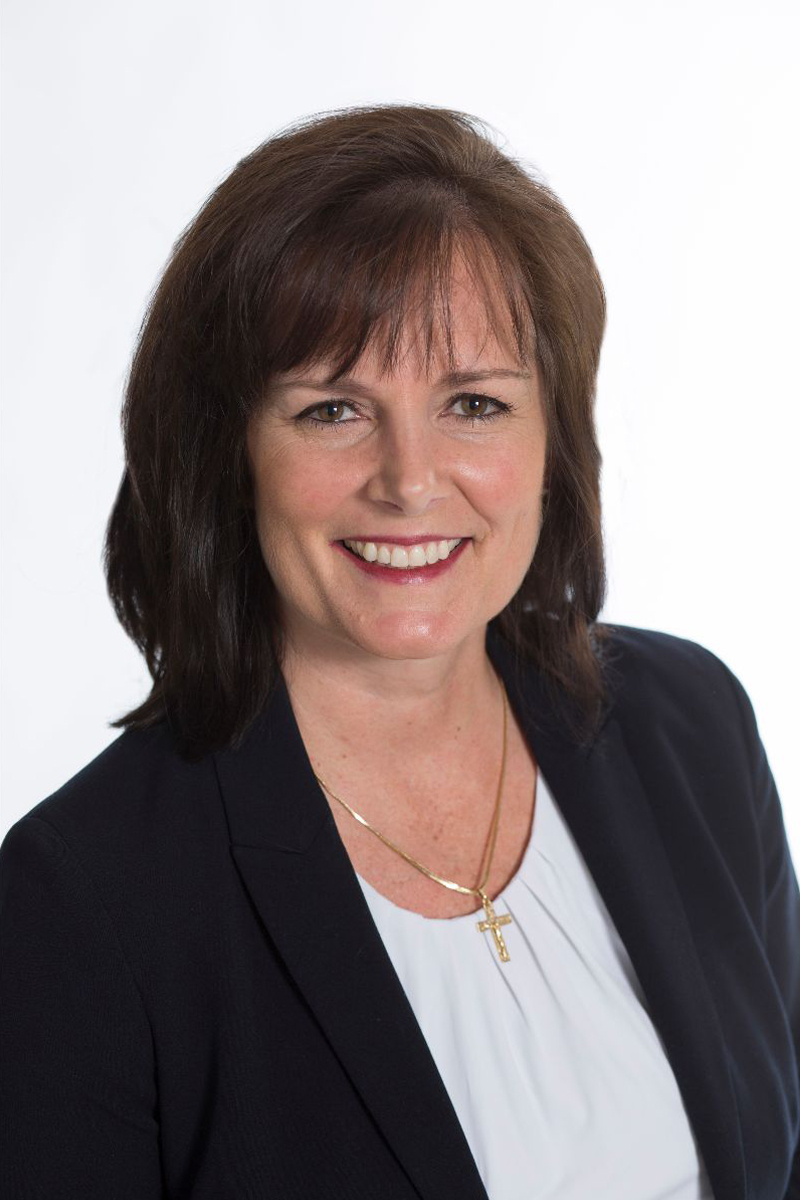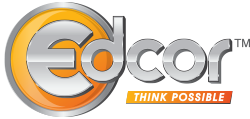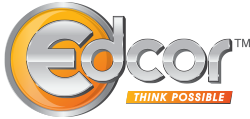America has 4.4 million Registered Nurses who are at the front and center of patient care. These Nurses are highly trained professionals who are often the first point of contact for anyone seeking medical attention. From taking care of the elderly to delivering babies to taking care of critically ill patients to managing emergencies in the ER, these unsung heroes work tirelessly for the well-being of society. It wouldn’t be an exaggeration to say that they are the fabric that holds the healthcare industry together and their professional development is of utmost importance.
Significance of Higher Education for Nurses
The Institute of Medicine in its historic 2010 report on The Future of Nursing: Leading Change, Advancing Health showed that nurses need higher education to meet the changing healthcare needs of patients. This was followed by the proposal to increase the proportion of nurses with a BSN degree to 80% by 2020. However, the findings from the 2020 National Nursing Workforce Survey indicate that only 65.2% of Registered Nurses surveyed had baccalaureate degrees. The survey also indicated that a BSN degree was the most common nursing education (41.8%) that nurses went for. The studies clearly show gaps in higher education in the nursing population of the country that can be filled with the help of education benefits like Tuition Assistance, Student Loan Repayment Assistance, and Scholarships.
Professional development or higher education for Nurses is imperative as it not only leads to better patient outcomes but also prepares them for future roles. Nursing degrees and continuous upskilling equip nurses with the tools they need to deliver quality patient care and add higher value to the healthcare system they work for, contributing to key metrics like reduced mortality rates. The testimony to this fact is provided through a study by Linda Aiken from Penn Nursing, which directly correlates higher nursing education to low mortality rates and superior patient outcomes.
Different Nursing Education Pathways
Each higher education degree affords nurses different intensities of knowledge and training, which allows them to take on a multitude of roles in the healthcare industry. A beginner may enter the profession with a diploma or a Licensed Practical Nurse (LPN) degree to provide basic patient care and work under the supervision of Registered Nurses and Physicians. A 2-year Associate’s Degree in Nursing (ADN) providing education on the basics of nursing practice, anatomy, pharmacology, and patient care helps the learners advance to Registered Nurses after they take the National Council Licensure Examination (NCLEX-RN). Taking it a step further, the 4-year Bachelor of Science in Nursing (BSN) degree helps learners garner more knowledge on research, community health, advanced care, and leadership aspects. A graduate-level Master of Science in Nursing (MSN) degree can help build an RN’s career trajectory toward becoming a Nurse Educator, Practitioner, or Administrator. This is highly suitable for those who want to take up leadership roles or are being prepared for one. The highest level of nursing education is the Doctor of Nursing Practice (DNP) degree. Graduates with this degree have a deeper insight into the realms of healthcare policy and delivery systems and can head healthcare organizations, lead research, and facilitate advanced patient care.
The projections from the U.S. Bureau of Labor Statistics indicate that healthcare professions will grow at a rate of 13% over the period from 2021 – 2031 leading to the creation of close to 2 million jobs over the decade. Additionally, the data highlights the nation would need 203,000 new registered nurses every year through 2026 to fill the gap created by a retiring population. This only means one thing, healthcare organizations will have to focus their efforts not only on recruitment but also on retention and professional development of their current workforce.
Gift Nurses a Better Future with Education benefits.
From our vantage point, we have a deep understanding of the Healthcare organizations that we work with and deeper insights into the multidimensional nature of the human aspect, and various motivators for healthcare workers. This pegs us as valuable partners.
Let’s future together!

Edcor is a woman-owned business and is the benchmark in education benefits administration. For 40+ years, our customized service and solutions have allowed Fortune 500 Healthcare Clients to use education benefits programs for employee recruiting, retention, and development. Please feel free to reach out to us!
Adrienne Way, CEO, Edcor



